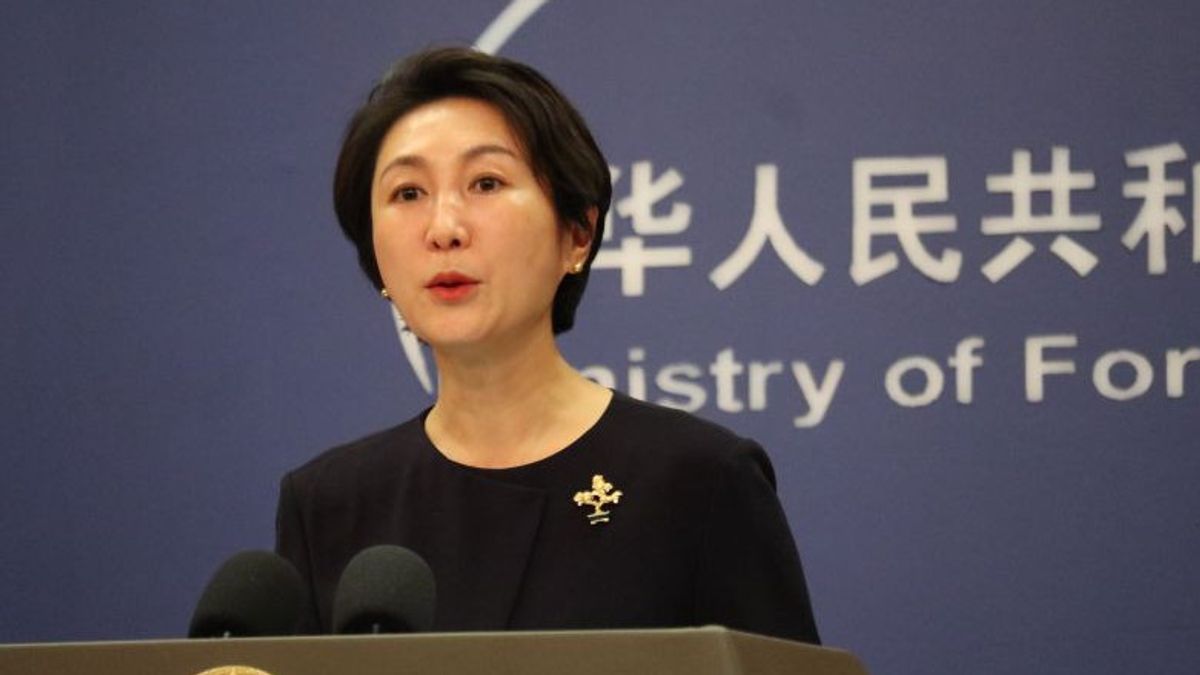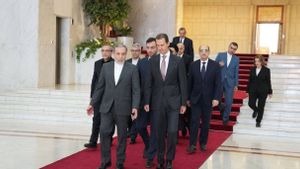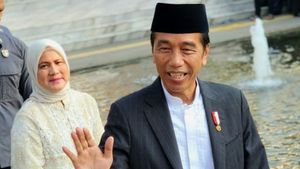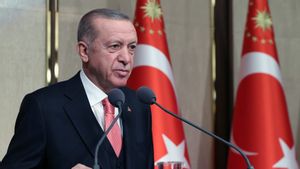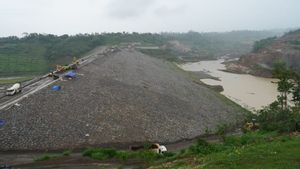JAKARTA - The Chinese government hopes that South Korea and North Korea can build communication and resolve problems through the political route after North Korea's statement will cut off all roads and railway lines connected to South Korea starting Wednesday (9/10).
"China is following developments on the Korean Peninsula and relations between North Korea and South Korea," Foreign Ministry Spokesman MaoNing told a news conference in Beijing.
Tongkok believes the political settlement in the matter of the Korean Peninsula can meet the interests of all parties and that is what the international community hopes for, he said.
Earlier, the North Korean news agency quoted the general staff of the North Korean People's Army as saying one project would be launched for the first time on October 9 to completely cut off the roads and railway lines connected to South Korea.
The army said the move to permanently close and block the southern border with South Korea, a major enemy nation and an unchanged major enemy, in the current situation, was an act of self-defense to prevent war and protect North Korean security.
North Korea said it was taking firmer and stronger action in response to the acute military situation on the Korean Peninsula, referring to South Korean military exercises carried out near the border and visits of US strategic nuclear assets to the region.
"China believes that in order to uphold peace and stability on the Korean Peninsula, all parties need to work together for that purpose," added Mao Ning.
SEE ALSO:
Meanwhile, the North Korean military said it was sending telephone messages to the United States (US) military in South Korea at 9:45 a.m. (07.45 a.m.) to prevent misunderstandings and accidental conflicts related to strengthening projects.
The announcement of road closures and railroad tracks was delivered amid ongoing tensions on the Korean Peninsula as North Korea sent garbage-carrying balloons towards South Korea and publicly disclosed uranium enrichment facilities for the first time.
The US stationed about 28,000 troops in South Korea to prevent North Korean aggression, a Korean War legacy of 1950-1953 that ended in a ceasefire, not a peace agreement.
The English, Chinese, Japanese, Arabic, and French versions are automatically generated by the AI. So there may still be inaccuracies in translating, please always see Indonesian as our main language. (system supported by DigitalSiber.id)
